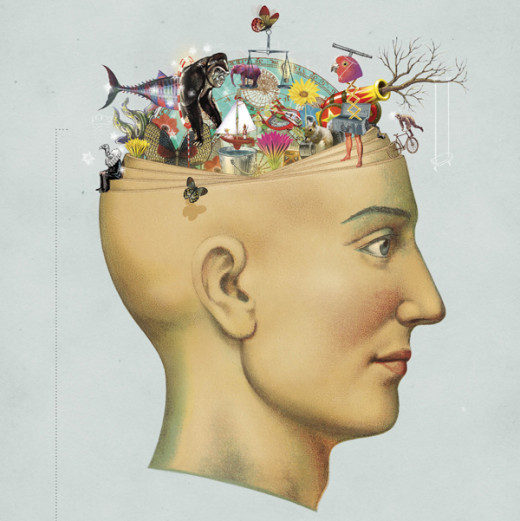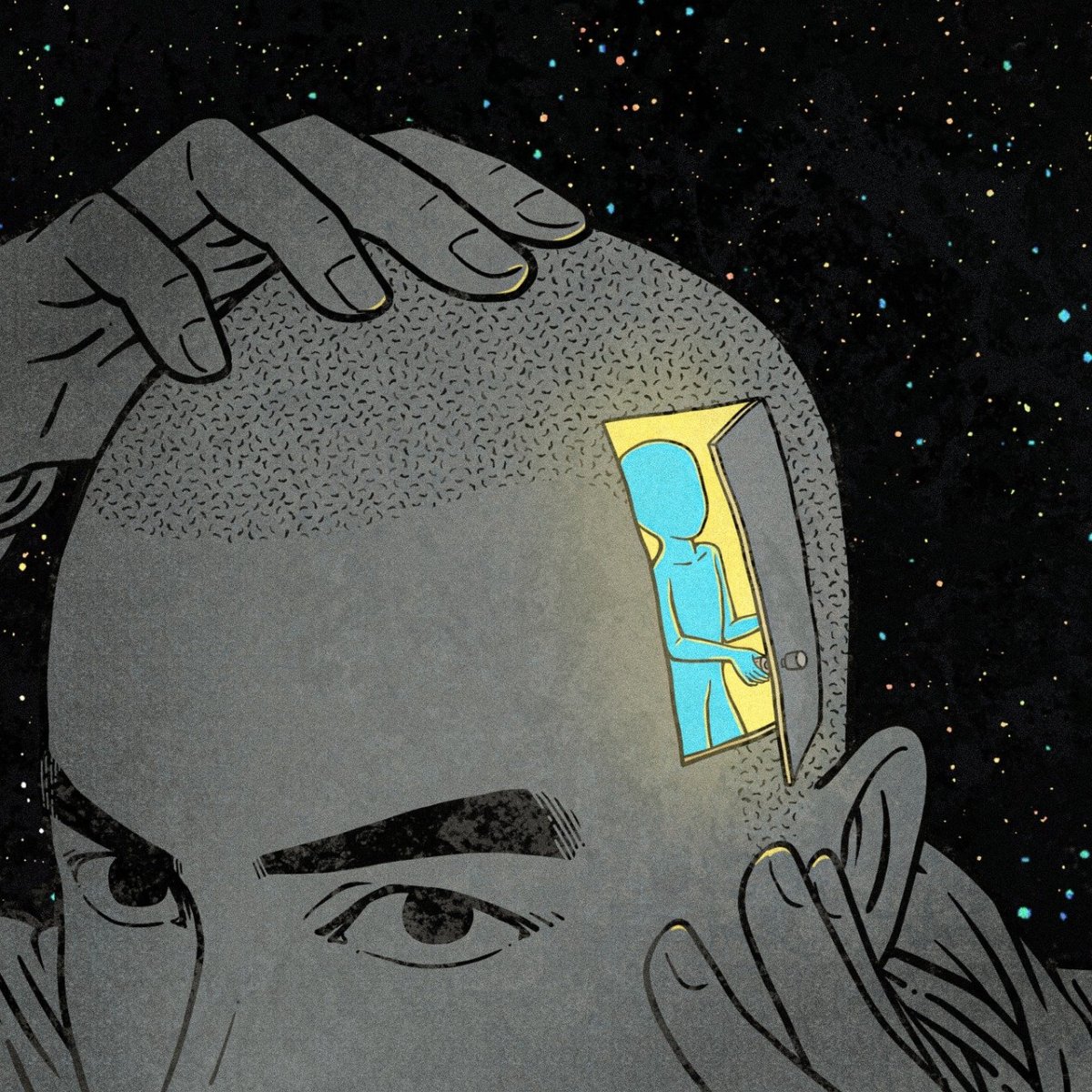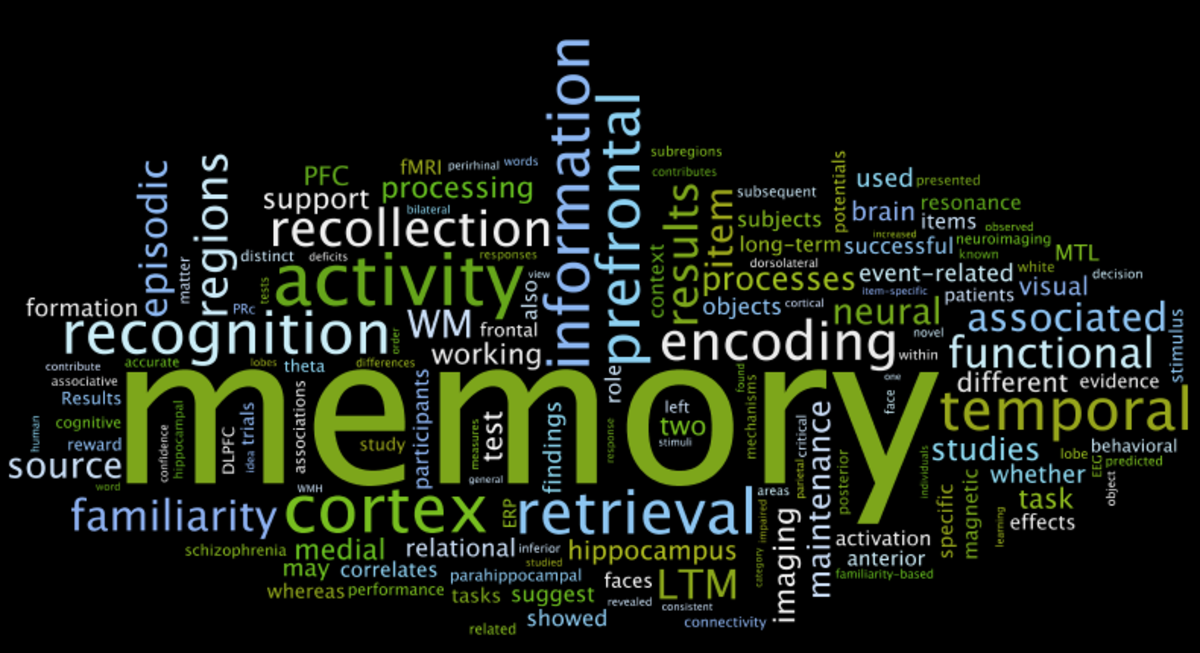Personal Identity and Memory: A Philosophical Interpretation

Introduction
In this article, I try to show that memory is a necessary condition for personal identity through time. This is because personal identity necessitates two conditions. The first being the knowledge of one’s self as separate from externals. The second condition of personal identity requires that one has an opinion of the unique nature of his or her self. This second condition can only be accomplished through the memory of one’s past experiences in order for a basis on which the opinion of the self can be crafted. Consequently, memory is a necessary condition for personal identity.
The Theory of Two Conditionals
First off, it is necessary to provide a background for the theory of two conditionals for personal identity. Needless to say, personal identity is largely determined by the second conditional, which argues that one have an opinion of the unique nature of his or her self; the first conditional is merely a precondition for the existence of the second. In other words, one must be able to separate one’s self from externals in order to have an opinion of one’s self. One needs knowledge of the self to form an opinion of it. For example, I cannot make an opinion of orange until I have at least heard of it or experienced it through my senses. This formation of knowledge of an orange is the starting point of having a mental construct of the separate category of an orange in my mind. The next step is to discover the characteristics of an orange in order for the basis of an opinion of it to be shaped. This is the fluid part of the process of forming an opinion about an orange, in that it is not necessary that I correctly assume the true characteristics of an orange. I may be told all oranges are green and hairy and form an opinion around these qualities by arguing that since green and hairy things are never appealing to my taste buds, I believe that an orange must taste awful; this is despite the fact that oranges are, of course, orange and not hairy. Similarly, an opinion of the self can be formed around false characteristics of the self, as long as the self is categorized in my mind as separate from all externals. So, the first condition is necessary for the second to be met. To continue, the second condition purely captures personal identity because, as Kant argues, the “identity of person is unfailingly met with” (Sorabji, 2006, 110). Thus, a personal identity of one person cannot be given from an outside force; it is an intrapersonal formation and because this formation can be flawed, as revealed by the example of the orange and the possible misinterpretation of characteristics, it must be that one can mistake his or her own personal identity; therefore, one can only be said to have an “opinion” of his or her personal identity. And, this self-made opinion is sufficient for a personal identity to exist because a personal identity is “personal,” and only exists within the mind of that particular person.

Proving the First Condition
The first condition of personal identity, which is the differentiation of one’s self from everything else, requires a knowledge of the self. According to physicalism, the body is the self. Thus, all things immaterial and material, residing outside of the body must be realized as not being part of the self in order for one to have a personal identity. Bertrand Russell explains this phenomenon when talking of the acquaintance with the self. Russell argues that, “when I am acquainted with my seeing the sun…I am acquainted” with the self (Russell, 1912, 50). Russell’s self is acquainted with the “sense-datum,” which exhibits the perception of the sun. Through the medium of the senses, one becomes aware that one’s body is separate from everything else. We experience the outside world only through our senses. When one touches a stove, one feels the heat and learns to pull away so as not to get burned. Also, when one touches ice and feels cold, one learns to pull away. Through this trial and error of the senses and the learning of the outside world through them, we also learn that our bodies are different from all that resides outside them. Our bodies react with the outside world and these reactions are taken into account by our persons when we realize that we need to pull away from the stove in order so that we not get burned. Therefore, the first condition of personal identity is accomplished through sensory experiences that work to differentiate ourselves from the outside world. As an English paraphrase says, “each person appropriates his or her body” (Sorabji, 2006, 104).

Proving the Second Condition
The second condition of personal identity is an opinion of the nature of one’s self. The second condition is fulfilled through memory. The past experiences that the self has lived through go into the making of how one views his or her self. These experiences form into patterns of one’s “thoughts and actions” noticed by the person, which are attributed to the person’s self. In Lock’s “The Prince and Cobbler,” he argues that “what makes a person a person…is consciousness—awareness of one’s thoughts and actions” (Locke, 1690, 71). Therefore, a person’s identity is created through consciousness. Charles Horton Cooley’s theory of a “looking-glass self” also stresses this need for experience in personal identity. The theory argues that our perceptions of ourselves are created through interactions with others and our perception of their reactions to our behaviors (Henslin, 2009, 64). When others react to us, we interpret those reactions to our thoughts and actions and solidify them into the idea of our personal identities. In order to link these self-defining experiences, memory is needed. Therefore, memory functions as a unifying psychological mechanism of past experiences that forms a person’s view of his or her self, and thus forms one’s personal identity. Locke agrees with the importance of memory in personal identity when he says, “as far as consciousness can be extended backwards…so far reaches the identity of that person” (Sorabji, 2006, 105). In other words, personal identity is limited to memory. However, Locke continues to say that, “it is the same self now as it was then” (Sorabji, 2006, 105). Locke is wrong in the assertion that the same self exists through time because of the altering nature of memory.
The Reason why Personal Identity Changes
Memory is an ever-changing mental construct that imperfectly portrays the past. According to modern psychological theories, memory operates sequentially through the stages of encoding, storage, and retrieval. Firstly, encoding entails the sensing of data around us and interpreting that data semantically. The interpreting of the sensory data causes the data to imperfectly depict reality, because our interpretations are not absolute truths, and is an essential flaw in encoding memory. This encoding of our surroundings typifies the first condition of personal identity because, in the process of encoding, we differentiate ourselves from all things outside of us. Also, encoding is done all the time and memory is always being created; so, memory is constantly being gained and thus changing. Secondly, storage is the process of stowing away information within the brain. Lastly, retrieval is the accessing of memory. Retrieval depends on whether the memory was stored long-term or short-term and how accessible it is. Freud talked of a subconscious, a part of our mind that we are unaware of, where memory is stored but inaccessible for the most part. Consequently, all memory is not even accessible. Overall, memory does not capture reality, has limited accessibility, and constantly changes. This makes the same personal identity through time impossible because as one’s memory changes over time, one’s opinion of one’s self undoubtedly shifts to at least some degree.
To put it another way,
Premise 1: Personal identity requires an opinion of the unique nature of one’s self.
Premise 2: This opinion is formed through consciousness, or an awareness of one’s patterns of thoughts and actions.
Premise 3: Patterns of thoughts and actions are only noticed through memory.
Premise 4: Memory acts over time.
Premise 5: Memory constantly changes through time.
Premise 6: One’s opinion of one’s self must change with memory because Premise 2 necessitates the existence of Premise 3
Conclusion: Personal identity is not the same through time.
Summation
To sum, personal identity requires two conditions. First, that the self is differentiated from externals. The self is merely the body. The body is differentiated from all else through the senses because they act as an intermediary between the self and the rest of the world. Second, personal identity requires an opinion of the distinct nature of one’s self. The patterns of past experiences and the thoughts and actions of the self within them shape this opinion. These patterns are recognized by one through his or her memory, which operates over time. As a consequence, personal identity is created. Memory is ever-changing and thus personal identity likewise changes through time, which is not a problem due to the fact that personal identity is formed through an opinion and is thus malleable. In conclusion, memory is a necessary condition of personal identity through time
References
Henslin, James (2010). “Sociology: A Down to Earth Approach.” Pearson Education: Australia.
Locke, John (1690). “An Essay Concerning Human Understanding.” New York: Dover 1959. Volume 1. 457.
Russell, Bertrand (1912). “The Problems of Philosophy.” Oxford Press.
Sorabji, Richard (2006). “Self: Ancient and Modern Insights about Individuality, Life, and Death.” The University of Chicago Press: Chicago.








